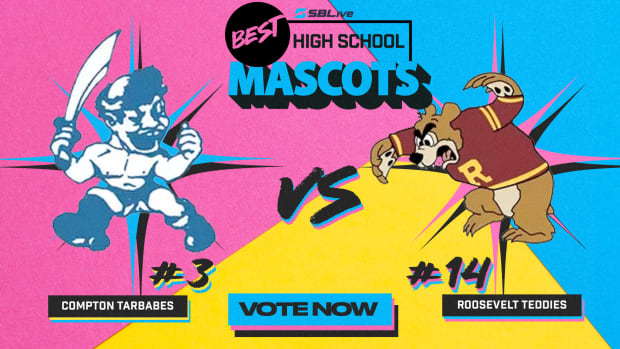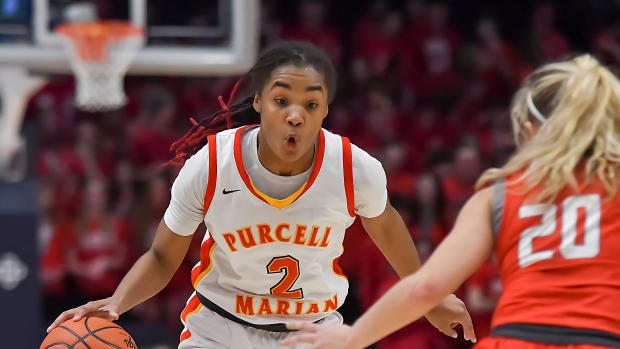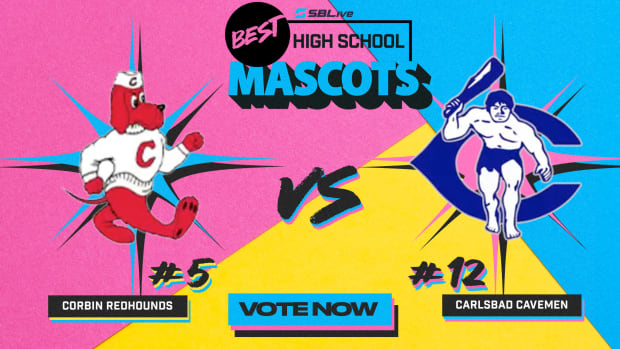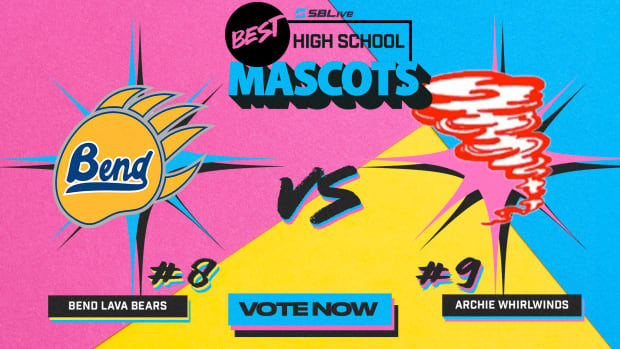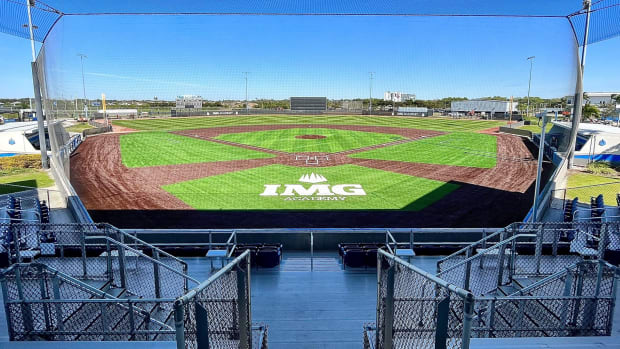Measuring the pandemic's impact on equity in high school sports: SBLive's Preps Lab podcast with T.J. Cotterill
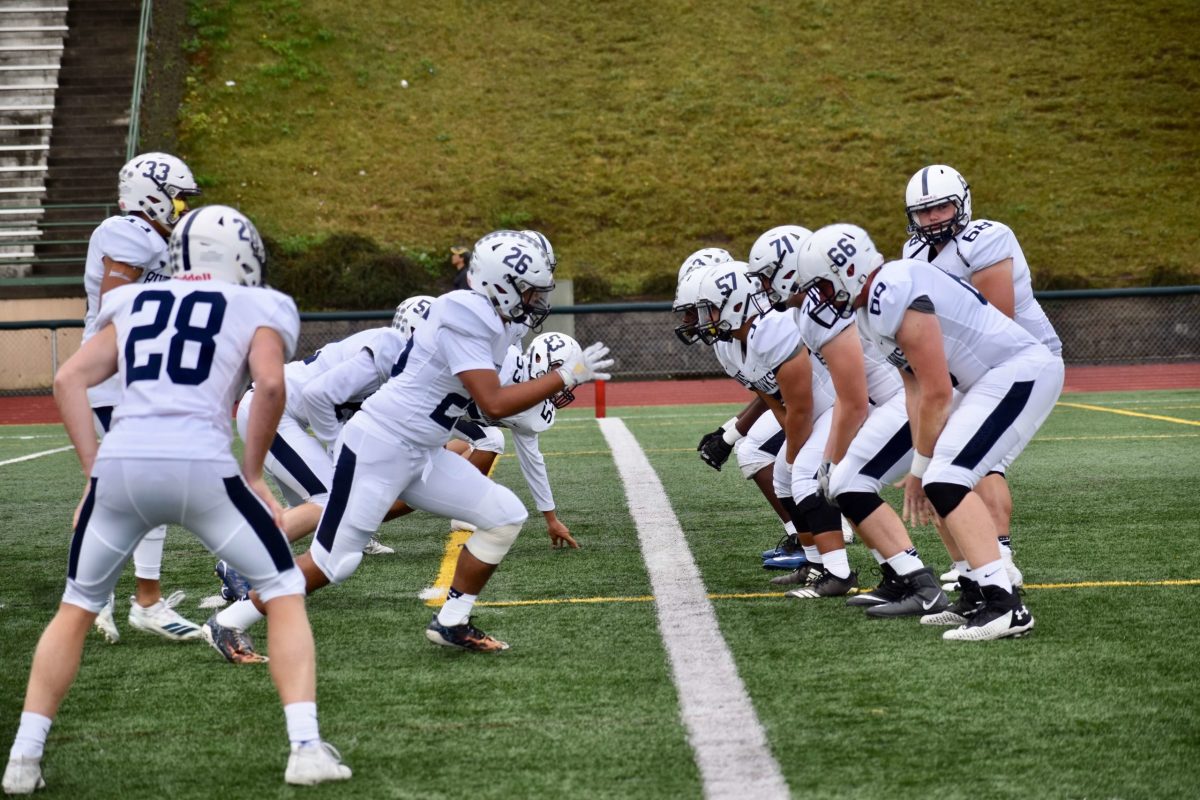
While high school sports in Washington have been sidelined by pandemic restrictions, some athletes adapted by staying active through other means, including playing on travel teams or moving out of the state.
But what about those who haven’t had the means to stay as active as others?
Those have been the majority of kids. At least, that was the consensus from coaches and athletic directors from schools across the state who sat down to contribute to the latest episode of The Prep’s Lab with TJ Cotterill.
While high school programs have done their best to adapt to the restrictions, including holding conditioning-only, outdoor workouts with social distancing and other precautions, the issue of equity in prep sports programs has only intensified over the past year.
Cotterill spoke with four people from some of the most diverse school districts in the state — Chiawana athletic director John Cazier, Kent-Meridian football coach Justin Callander, Franklin Pierce School District athletic director and WIAA executive board member Wendy Malich and Mount Tahoma boys basketball coach Jason Townsend — to discuss their experiences in trying to work within the pandemic restrictions to help kids who typically need the benefits of extracurricular athletics the most.
Listen to the episode here, and subscribe below:
(Full archive of the Preps Lab podcast)
Episode breakdown
1:30 mark: How high school athletic programs have handled the adjustments to pandemic restrictions and how much they were able to do with student-athletes physically or virtually
13:30: The differences between student-athletes who had the means to stay active and adjust during the pandemic and those who didn’t.
37:20: What are the typical benefits to student-athletes across cultures and socioeconomic backgrounds and what high school sports can do for kids that maybe they lost during the pandemic?
42:20: Recommendations for creating better, more equitable experiences in athletic programs even after the pandemic
Notable quotes
John Cazier: “A lot of our kids come to school so they can play football, so they can play volleyball, so they can play basketball, so they can wear the uniform. And when we take that away sometimes we take away the motivation to show up the classroom every day.”
Jason Townsend: “A lot of our kids live in apartments – middle floor, top floor, wherever. And we’re doing jumping stuff and this and that. And now you’re actually disturbing the folks beneath you. And that was a legit problem with some of the guys I have.”
Wendy Malich: "Our kids really need (sports) and they weren’t getting it. So the frustration I think became anger and so we have some kids we’re going to have to deal with when they come back. They’re just frustrated, and they have no means to get that back right now."
Cazier: “The pandemic has been bad for all kids, regardless of talent, regardless of access, regardless of home situation and financial situations. It’s been bad for all kids. Some kids have had access either because they have a talent level that gives them opportunity others don’t have or they have a financial situation at home that gives them access to club teams that can go out of state and play and they have access to those opportunities and I’m glad they do. But high school athletics, fundamentally, is not about creating scholarship opportunities for our elite performing kids. To me, it’s about letting that C-team player put on a uniform that says, ‘Chiawana High School.’ For that kid, who comes from a challenged background, that means everything to that kid.”
Cazier: “I worry about the kid who doesn’t have access and what the loss of an extracurricular opportunity is going to mean to that kid in the long run. I worry about that kid more than anybody … and that’s probably the majority of our kids.”
Justin Callander: “I expected 112 kids this year and I know there are some of those kids out there right now who are gangbanging. And who knows if they would have been doing that if we didn’t have this Covid pandemic.”
Callander: “I had a family where all the parents got Covid and the kids were having to work. I was like, ‘Well, do you need me to cook for you?’ Thankfully they said no because they only thing I can cook is McDonald’s. But I think the kids who are the have-nots are dealing with more than what other kids are dealing with. I’m sure they’re not worried about their Internet working or where their food is coming from. Where our kids, that is a very real issue.”
Townsend: “I’m worried about kids who for them how important is school right now? These are some of the conversations I have where a kid says, ‘Coach, I want to do school, but I have my little brothers who are at home with no guidance and it’s just me. How I can I do my work if I’m helping them with their first- and second-grade Zoom classes and this and that and they got to get fed and dressed. So their level of importance of their own situation is diminished because they got other things that, to them, are more important at this time and their own commitments dwindle because of those things. And it’s sad because a lot of these kids are fantastic.”
Cazier: I think it’s going to be interesting and fascinating to see things we aren’t going to be able to measure … I’m interested to see what long-term impacts a year away from public school as we know it, extracurricular activities, adult and teammate contact for these kids we’re talking about. What long-term impacts are these going to have not only on these kids and their families but on our society as a whole. You take all this away and all the positive experiences away, I don’t think any of us know what long-term damages have been done. I’m really, really nervous to see it.”
Townsend: “I tell my guys this, ‘Look, I know we’re not sure when the season’s going to start. But the season will start. What kind of shape do you want to be in when I get my hands on you after a year?’ How in shape do you want to be? When we do hit the ground running, we’re going to be hitting the ground running. I’m not going to have time to wait for you to be in shape. … I don’t want these kids to be doing this without a light at the end of the tunnel. I want to try to give them something to be energized about.”
Callander: “I want to make sure kids know that they’re loved. I think that’s probably the biggest thing they’re missing out on because they don’t necessarily see you and the fringe kids aren’t reaching out. Not being able to be there in person and be able to reach out to somebody is hurting us.”
Cazier: “We’re doing our best (amid the restrictions). It’s just not the same as getting those kids one-on-one, putting your arm around them, talking to them, showing that you love them, giving them that one-on-one focus and that’s all out the window right now to the degree it needs to be.”
Callander: “To me – what’s your why? Remembering what your why is is the biggest thing you can do.”
Malich: “We have to create opportunities for kids. We have to find things that get these kids back engaged.”
Townsend: “The way I go about it, it’s not going to cater to one side or the other. What do I mean by that? I mean – I want to teach life skills. I don’t just teach basketball skills. Everything we do – whether it’s pushing that you’re on time to practice, you’re playing hard, giving maximum effort, it doesn’t matter what you’re doing. When we’re coaching, my coaching staff and I, we teach life skills within the hard work to become that basketball player that you want to be.”
Townsend: “How are you going to respond to adversity? That’s what I ask every day in my practices. You’re tired, you feel like you can’t go no more, but the team you’re playing is not going to stop. How are you going to respond to that adversity? This pandemic is no different. How are you going to respond to it? Are you going to step up to the challenge, take care of your brothers and sisters and do your schoolwork? Or are you just going to fold and say I can’t do all of this. How are you going to respond? Teaching those life lessons and life skills are what cater to both rich kids, poor kids, kids who have the means to do everything and kids who have the means to do nothing.”
About Preps Lab
The Preps Lab with TJ Cotterill is a podcast where you will hear authentic conversations about how things get done in high school athletics. Whether it’s a coach, athlete, athletic director of other contributor in the world of improving high school athletes’ experiences, we’ll hear from them and their practical ideas and philosophies on what they do to create successful environments in the ever-evolving world of prep sports. Episodes publishes every other Tuesday.
About the host
Cotterill has been covering high school sports for more than a decade. He’s a former sportswriter at The Bellingham Herald and The Tacoma News Tribune, where he spent more than three years as their high school sports coordinator and a year covering the Seattle Mariners. He is a substitute teacher in the Puyallup School District and assistant coach with the Puyallup boys basketball program. Reach TJ on Twitter @TJCotterill.

